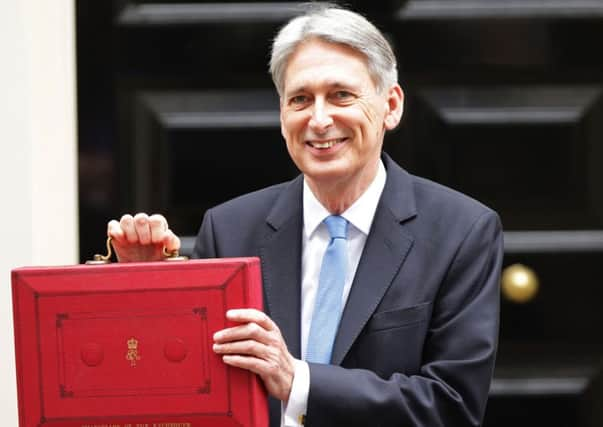Leader says the business rate system is still '˜fundamentally flawed'


Ross McNally, executive chairman of Hampshire Chamber of Commerce, said: ‘Thanks to pressure from chambers of commerce, the Chancellor has taken some positive steps to lessen the impact of business rates. It’s only a start however – in most cases the amounts will be small and the overall business rate system remains fundamentally flawed and in dire need of deeper reform.
‘On VAT, we are pleased that he resisted the temptation to lower the threshold at which businesses must register. That will be a welcome relief for many start-ups and small businesses among our membership.
Advertisement
Hide AdAdvertisement
Hide Ad‘Despite not mentioning us in his round up of regional initiatives, it is promising news for Hampshire that he has made more money available for road, public transport and other infrastructure projects. The £31bn extra he announced for the National Productivity Investment Fund will be competed for across the country so we must argue our case effectively if we are to benefit from a slice of that cake.’
One of the business rates changes was the abolition of the staircase tax, which saw businesses operating on different floors of the same building given different rates for each floor, rather than a bill for the whole building.
Tom Lawrence, senior surveyor, rating at CBRE South Central said: ‘We welcome the scrapping of the staircase tax, a common sense move which could save rate payers up to 30 per cent on annual bills. The linking of rates liability increases to CPI growth from 2018 does not go far enough. A £2.3bn saving over five years is welcome, but the Chancellor should have followed his predecessor’s lead and capped the increase in April 2018 at two per cent.’
Rebecca Combes, head of business tax at Smith & Williamson said that the government’s investment in technology is ‘simply not good enough’.
Advertisement
Hide AdAdvertisement
Hide AdShe said: ‘Of course, any amount is welcome as it puts the issues front and centre. However, the aim seems to be to grab headlines, rather than have a material effect. Looking at AI, the UK has a commercial and technical advantage over most countries: the investment levels need to reflect this to ensure and maintain our competitive advantage.’